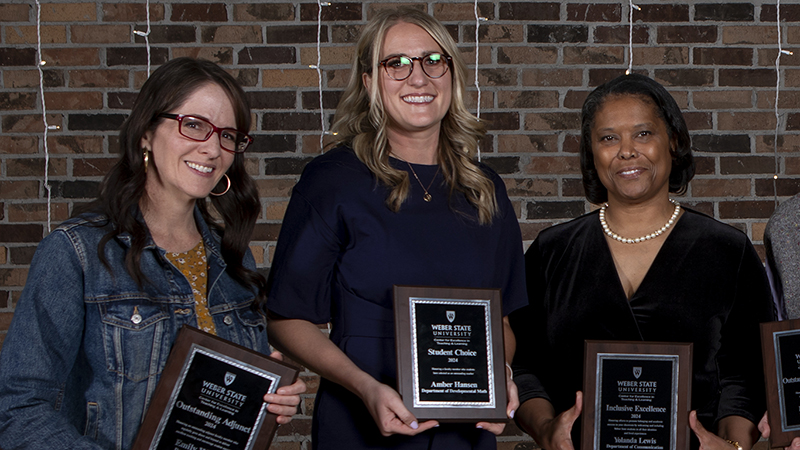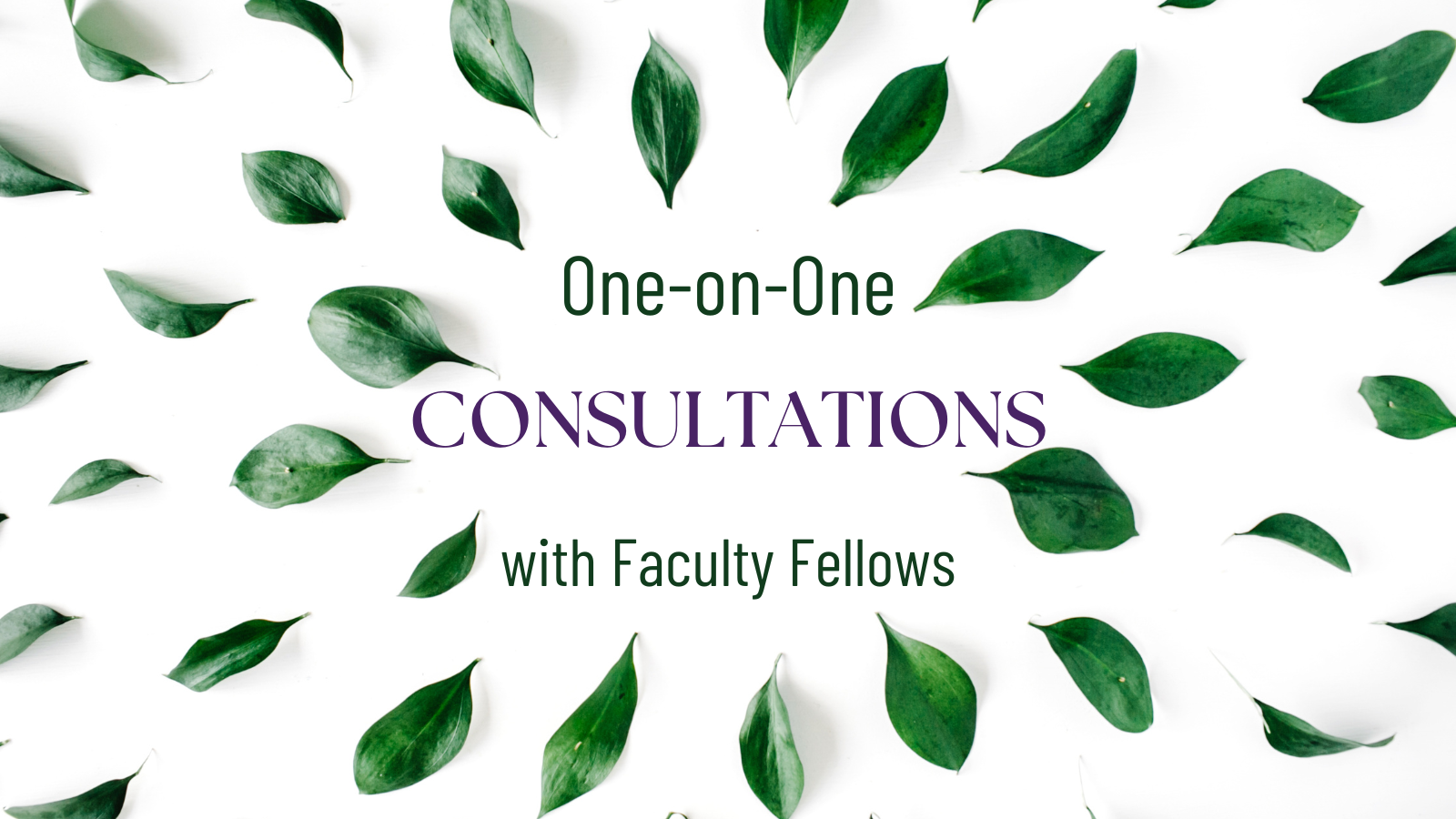Center for Excellence in Teaching & Learning
Cultivate. Grow. Flourish.
The Center for Excellence in Teaching and Learning (CETL) inspires, motivates, and supports all faculty regardless of rank or status in their journey toward teaching excellence and innovation. We promote community and collaboration across Weber State University (WSU) campuses and create safe spaces to innovate. We strive to enhance faculty excellence academically and in life.
Featured Programs
Regular Office Hours
Monday - Friday
10:30 a.m. - 5 p.m.

.png)






.png)

